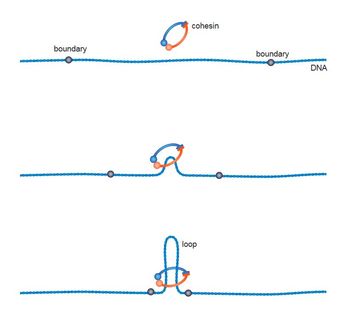The Otto Warburg Medal 2020 goes to Patrick Cramer
Honor for outstanding research in the field of transcription and gene regulation.
Advertisement
Tthe German Society for Biochemistry and Molecular Biology (GBM e.V.) and its cooperation partners, Elsevier and Biochimica et Biophysica Acta (BBA), presented the Otto Warburg Medal. Patrick Cramer from the Max Planck Institute for Biophysical Chemistry (Göttingen, Germany) is being honored for his outstanding research in the field of transcription and gene regulation. The scientist will receive a prize of 25,000 euros for his groundbreaking research.
"With his discoveries, Prof. Cramer was not only able to visualize central steps of transcription in molecular detail, but also revolutionized the entire research field of transcription and gene regulation and contributed significantly to our understanding of nuclear processes," says Prof. Dr. Blanche Schwappach-Pignataro, President of the GBM. "We are very pleased to award Prof. Cramer, such an outstanding scientist, with the Otto Warburg Medal 2020."
As a chemist and molecular biologist, Patrick Cramer researches transcription and gene regulation at the molecular and cellular level. He and his team were able to decode the three-dimensional structure of one of the largest enzymes in the cell nucleus, which enabled them to elucidate and visualize essential parts of the transcription mechanism. His work contributes to better research into diseases such as cancer, in which the transcription of genetic material is misregulated. In the future, he would like to find out how genes are switched on and off at the molecular level and how the activity of thousands of genes in the genome is controlled at the cellular level.
"For many years, we have been committed to promoting and advancing outstanding science. The long-standing close collaboration with GBM is therefore very important to us," explains Petra Ullrich, Marketing Director Europe at Elsevier. "We are very pleased to honor Prof. Cramer, a scientist who not only makes a significant contribution with his research but is also an inspiration and role model for young scientists."
























































